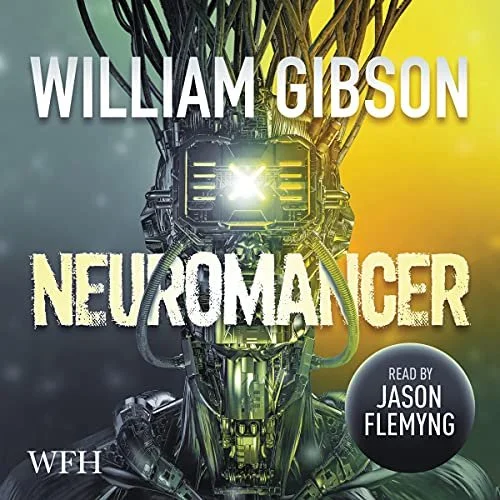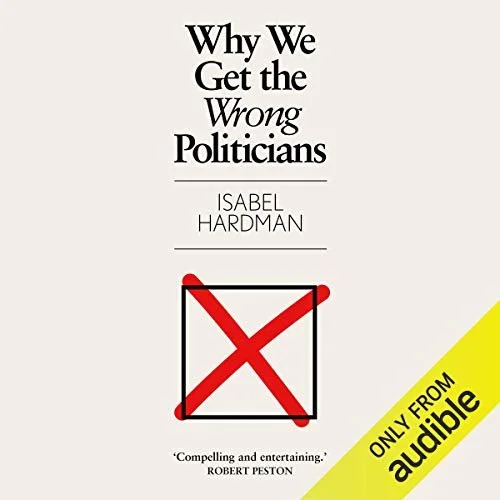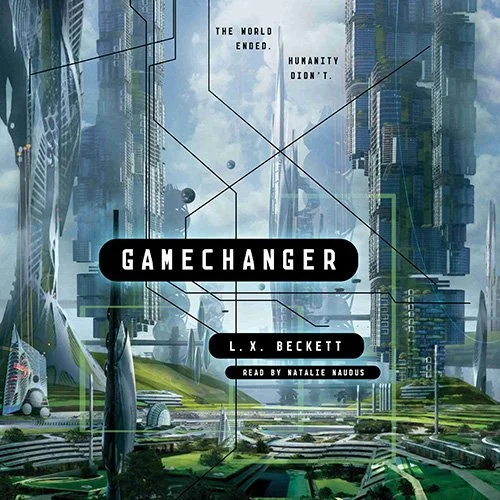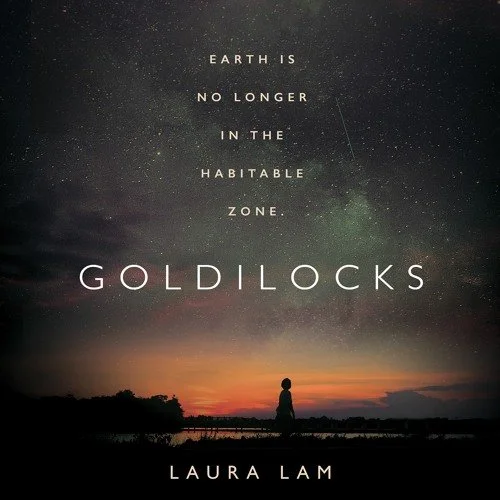Much of Neuromancer was eerily accurate about the future. Now how do we change it?
Neuromancer is a novel that has had a deep effect on our culture. Not only is it a classic science fiction novel, and a foundational text of the cyberpunk subgenre, it coined much of the internet lingo - including the phrases cyberspace, the matrix (as a virtual 3D computer environment) decking and ICE (Intrusion Countermeasures Electronics).
Frequently imitated, never bettered, Neuromancer is the story of hacker and drug addict Henry Case, who along with a rag-tag bunch of allies pulls off a high stakes hack in a dystopian future. The novel set the template for the cyberpunk genre, explores some interesting political and philosophical questions, has a counterculture feel to it, and is a gripping page turner.
Neuromancer was written by William Gibson and published (ironically) in 1984. The novel reflects contemporary fears about growing inequality, the dystopian effect of free market capitalism on society - as corporations become ever richer and more powerful - and how technology was changing the world and how we interact with it.
Prescient fears
People in the 70s and 80s (when Gibson did his most iconic writing, laying the foundation for cyberpunk) were right to be concerned about these issues. On all the above fronts, the situation has gotten worse in the intervening years. Corporations, especially big tech firms, are more powerful than ever, inequality is higher than ever, and smart phones with social media apps on them have got us all addicted to micro hits of dopamine from our subjective shadow world of lies and conspiracy theories tailored to exploit the weakness in our personalities by the companies that have all the data on how we think. Fun times.
Technology is hurtling ever faster towards a dystopian future as the world’s authoritarians (from Vladimir Putin to Donald Trump) use the power of big tech to undermine democracy and turn us against each other. AI and automation threaten the few remaining non-tech based jobs. Now companies like Meta want us to live in their cyberverse by offering utopian promises, but already someone has been raped in the Metaverse.
The message of Neuromancer is that resistance to all this is possible. A small group of anarchists with the right equipment can hack even the biggest corporations or most sophisticated AIs. Their power is not unassailable. However, the warnings of Neuromancer haven’t been heard. Resistance to the dystopian march of big tech has been muted, from hackers and the government.
Dystopian futures
We’re sliding into a grim cyberpunk world, due to the expanding power of the surveillance state, surveillance capitalism tracking our every move to try and sell our attention to advertisers and corporations like Apple, Meta (owners of Facebook) and Alphabet (owners of Google) becoming more powerful than governments.
CEO Mark Zuckerberg has unchallenged authority over a network of more than two billion people. All the while our governments are becoming more authoritarian and the environment declines. It’s like we are living through a particularly unimaginative rip off of Neuromancer.
Whilst this is happening the momentum has gone out of cyberpunk as a genre. It’s not producing new ideas or new texts. The most high-profile cyberpunk release of recent years was the game Cyberpunk 2077, which is based on an older role-playing game and served only to reheat the high tech/low life tropes of the subgenre and offered nothing new for the 21st century.
From hopepunk to solarpunk
In a dystopian age we have had enough of dystopian literature, which is why optimistic literature has come to the foreground. The most interesting science fiction stories of the last few years have been in new subgenres that show that a more optimistic future is possible.
Becky Chambers and other hopepunk novels show how humans and aliens can live together; eco-sci-fi, like Kim Stanley Robinson’s Mars trilogy, show how natural ecosystems can grow and thrive in the future; and solarpunk writers, such as L.X. Beckett’s The Bounceback novels, are painting a portrait of more socially just and sustainable futures. (Full disclosure. I am involved in a solarpunk writing project and our first short story is out right now).
These are stories set in a better future with the aim of inspiring people to undertake the radical change we need to make tomorrow brighter, greener and more equal than today. Dark warnings of dystopian futures hasn’t helped us avoid them, so maybe offering inspiration around more positive futures will work better as a way of changing the world.
Sell the Sizzle
The thinking behind this is sound. Fear doesn’t motivate us to change unless it’s fear of a specific danger. Shouting “get out of the way of that train” does make people move to avoid a train hurtling towards them, because it’s clear what must be done. When the danger isn’t so specific, it’s harder for people to change.
This applies to all aspects of life, from individuals eating healthier to averting a climate disaster. People don’t respond well to fearful warnings about what will go wrong if they don’t act. All this does is produce a sense of fatalism.
This was revealed in Ed Gillespie’s report for Futerra called Sell the Sizzle. The report outlines how selling to people how much better a sustainable future will be, rather than selling how bad a non-sustainable future will be, is more likely to encourage people to act. This is true for the climate, but it also works for all the other grim warnings of cyberpunk, from technology robbing us of our humanity to unchecked corporate power. Showing how things could be better in the future works better than showing how things could be worse.
Collective action for a better future
A vision of a better tomorrow gives us something to aim for and it inspires positive change. There isn’t much of a better tomorrow to be found in Neuromancer. However, what is encouraging about the novel is that it shows that a small group of individuals can hold out against the oppressive world and keep fighting to make things better.
There’s no collective action in Neuromancer, which is what is needed to stop authoritarian governments, climate disasters and corporate power grabs, but it does show the human spirit to keep fighting. That spirit of resistance is alive today in solarpunk and other aligned subgenres. Solarpunk does show how collective action can make the world a better place.
To avoid the world of Neuromancer we need solarpunk, not cyberpunk literature. If we want to inspired people to change the world for the better. We need to show them a better world. That’s where the exciting writing of today is happening.




